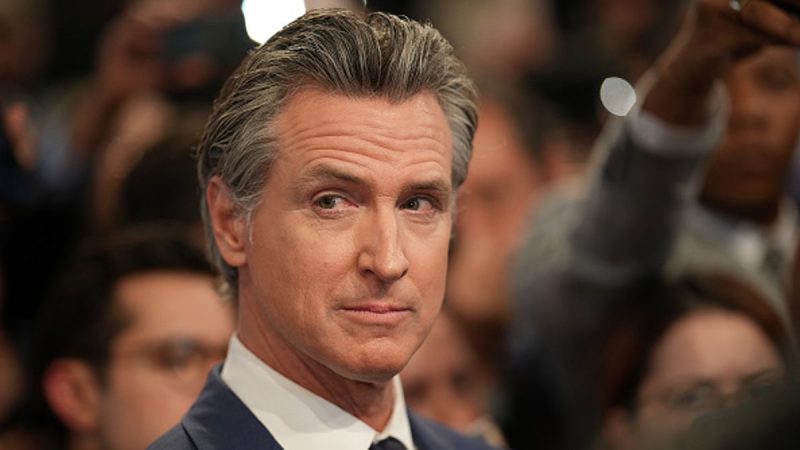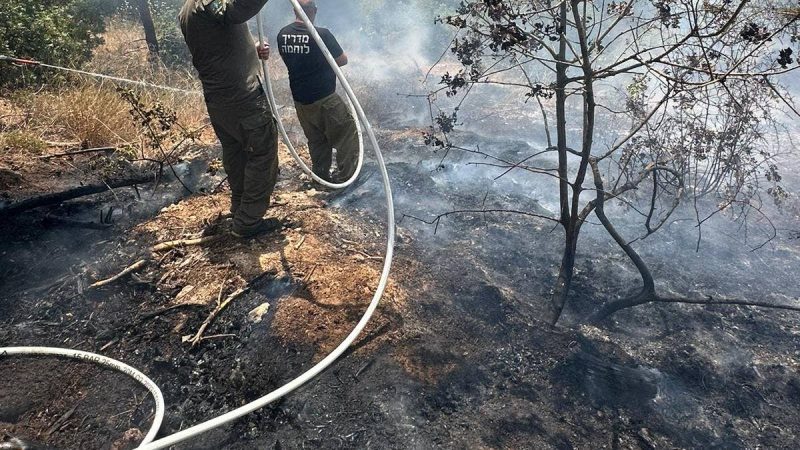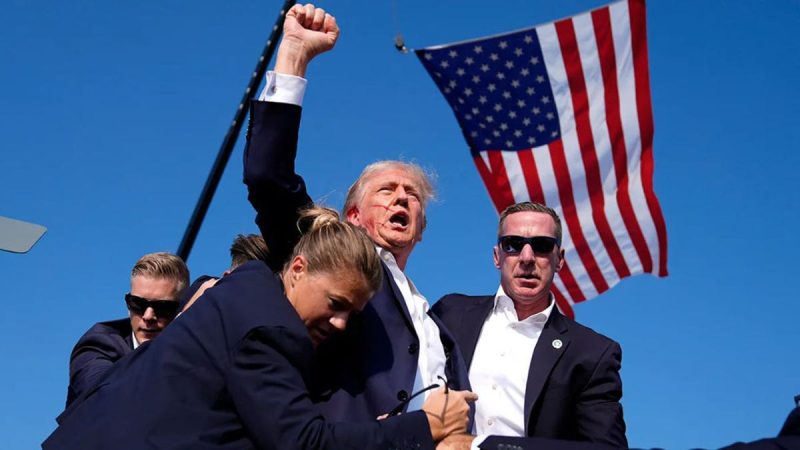Latest News
20-09-2024 12:15
3 Views
Newsom’s Revolutionary Deepfake Election Laws Come Under Federal Court’s Scrutiny!

Title: A Comprehensive Evaluation of Newsom's Deepfake Election Laws Currently Facing Legal Challenges
In an era where technology harbors potential threats while delivering unprecedented benefits, the issue of managing its misuse is gradually shaping our legislative actions. A case in point is the controversial deepfake election laws enacted in California under Governor Gavin Newsom’s supervision. Despite their application aiming to regulate the use of misleading and unauthorized deepfake technologies – hyper-realistic audio-visual creations superimposing voices and facial impressions – these laws have already found their way to federal court, indicating a significant challenge in effective legislation concerning evolving technology.
Introduced in 2019 and enforced in 2020, California's AB 730 legislation seeks to address an alarming rise in misleading digital manipulations, particularly those capable of potentially influencing public opinion and stumping voting patterns in the critical 60 days preceding an election. It prohibits the creation or distribution of synthetic audio or visual representations intending to falsely portray a candidate's actions or words. Alongside AB 730, AB 602 provides individuals with the right to consent before their image or voice is used to create a digitally fabricated video.
However, these laudable attempts by Newsom's administration are already facing constitutional battlegrounds. Critics contend that these new laws restrict free speech rights, leading to a First Amendment challenge in the U.S. federal court system. A conservative non-profit, The Institute for Free Speech, spearheads this legal challenge. They argue that deepfake regulations could potentially curb bona fide satirical, humorous, and critical political commentary essential in ensuring a thriving democracy.
While there is an urgent imperative to rein in the malicious use of deepfake technology, striking a balance between upholding an individuals' rights and ensuring a transparent electoral process is proving challenging. The detractors of these laws are not necessarily proponents of unrestricted deepfake usage, but rather highlight potential abuse through vague terms and broad enforcement summaries. The laws’ current form could dampen political discourse and satire known to craft a vibrant democracy due to the fear of potential illegalities.
In essence, the current legal challenge suggests that enacting effective legislation on novel technology without encroaching on constitutional freedoms is a tricky tightrope to walk. As technology continues to evolve at a rapid pace, lawmakers are inevitably confronted with a host of ethical, legislative, and societal quandaries.
As much as Newsom's deepfake election laws represent a pivotal preemptive strike against the potential misuse of emerging technology, their efficacy and constitutionality must first pass legal scrutiny. The controversy surrounding these laws illustrates the need for comprehensive legislation that reconciles the swift advancements in technology with individuals' fundamental rights.
The phrase "with great power comes great responsibility" could not be more relevant as we navigate the complex terrain of technology and legislation. As the battle around Newsom's deepfake election law unfolds in federal court, it becomes a fascinating case study into how we sculpt a world where technology is a tool, and not a manipulator of freedoms. In conclusion, law, as our line of defense, must evolve in tandem with technology to hold those responsible who apply technological power irresponsibly, without compromising fundamental human rights.




